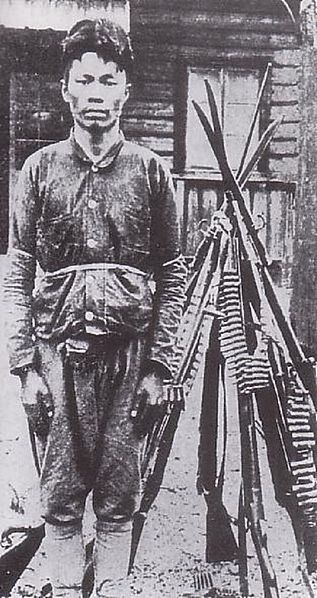Infinite photos and videos for every Wiki article ·
Find something interesting to watch in seconds
Kings of France
Celebrities
Best Campuses
Presidents
Great Museums
Wars and Battles
Famous Castles
Rare Coins
Largest Palaces
Countries of the World
Richest US Counties
Great Artists
British Monarchs
Recovered Treasures
Ancient Marvels
Animals
Wonders of Nature
Crown Jewels
History by Country
Sports
Great Cities
Supercars
Tallest Buildings
Largest Empires
Orders and Medals
World Banknotes
more top lists



